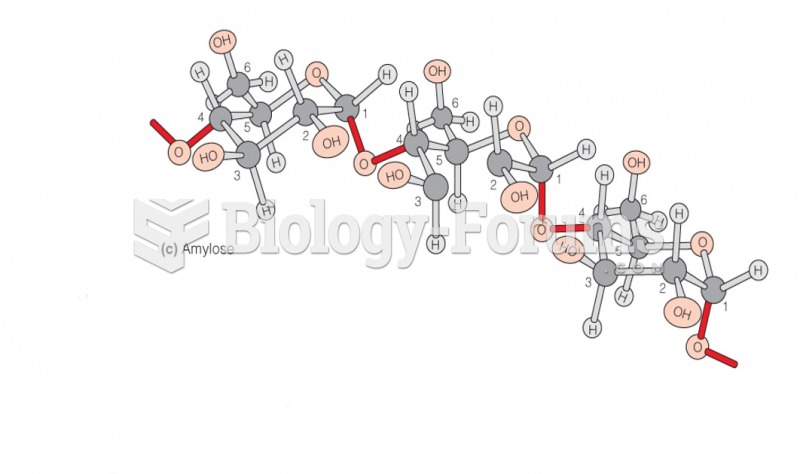This topic contains a solution. Click here to go to the answer
|
|
|
Did you know?
If you could remove all of your skin, it would weigh up to 5 pounds.
Did you know?
The ratio of hydrogen atoms to oxygen in water (H2O) is 2:1.
Did you know?
Methicillin-resistant Staphylococcus aureus or MRSA was discovered in 1961 in the United Kingdom. It if often referred to as a superbug. MRSA infections cause more deaths in the United States every year than AIDS.
Did you know?
Human stomach acid is strong enough to dissolve small pieces of metal such as razor blades or staples.
Did you know?
The familiar sounds of your heart are made by the heart's valves as they open and close.








